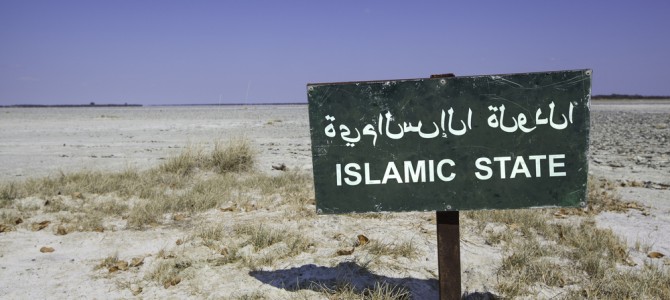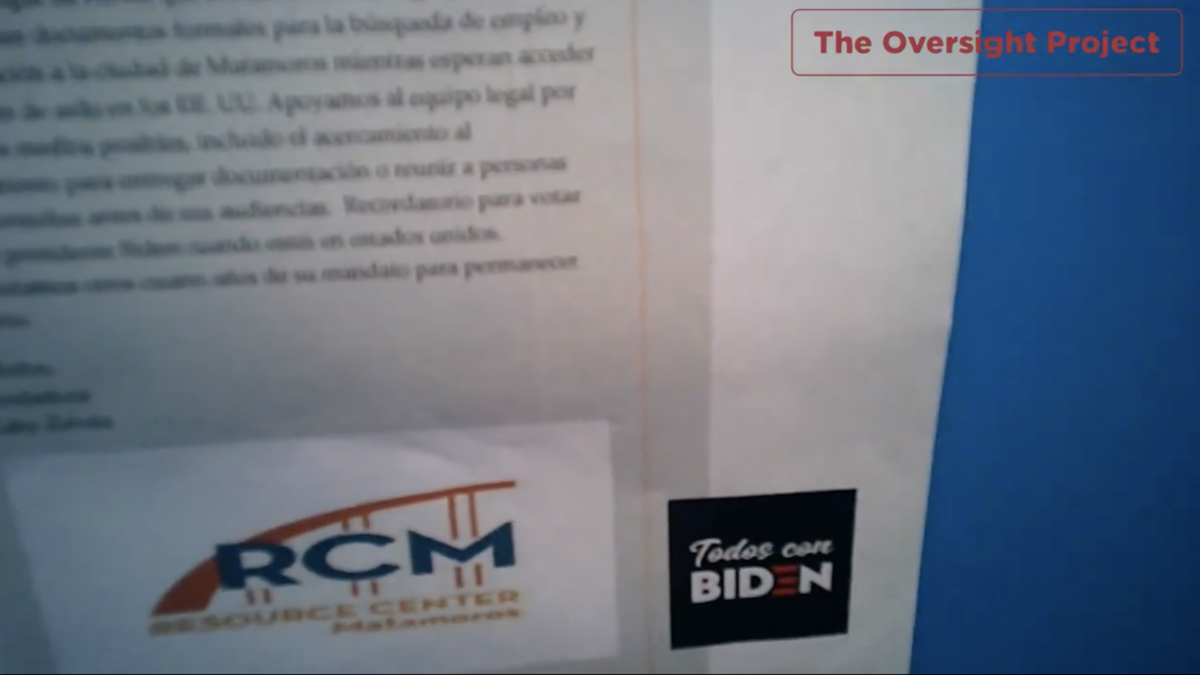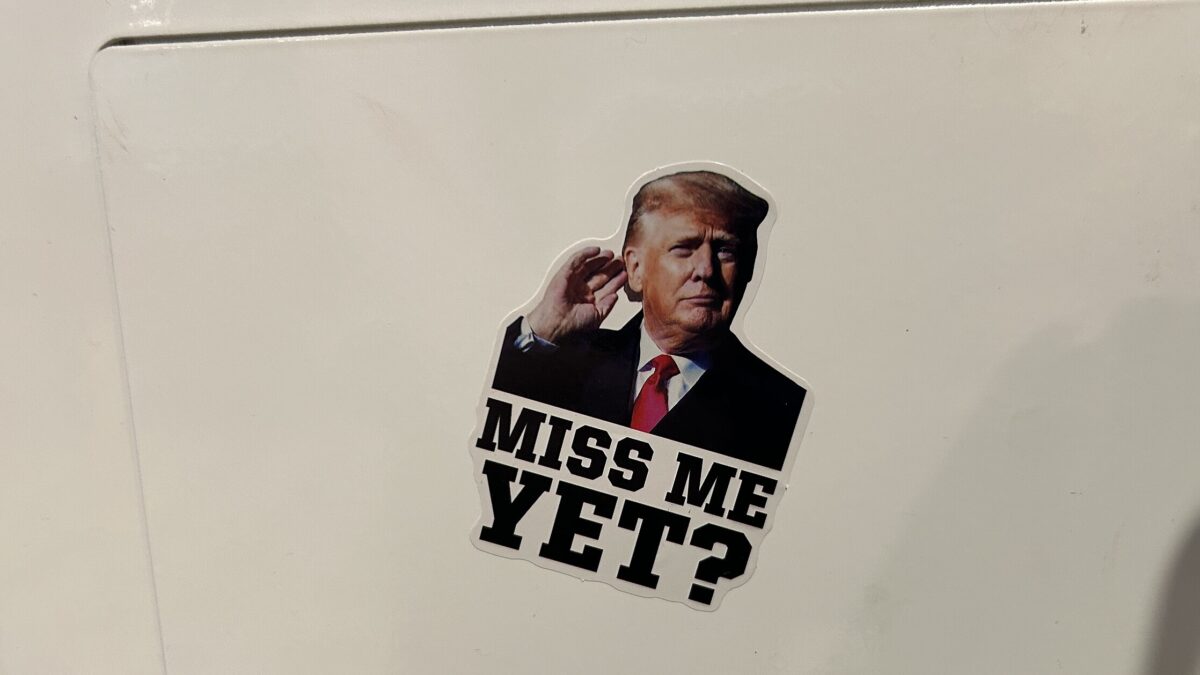
To helpfully explain the Charlie Hebdo attack to us, USA Today published a guest “opposing view” column from Anjem Choudary, a British radical Islamist preacher who is described as “a lecturer in sharia,” Islamic law.
And boy does he provide an illuminating little lecture. He clears everything up right off the bat, letting us know the totalitarian outlook of the Islamist creed.
Contrary to popular misconception, Islam does not mean peace but rather means submission to the commands of Allah alone. Therefore, Muslims do not believe in the concept of freedom of expression, as their speech and actions are determined by divine revelation and not based on people’s desires. Although Muslims may not agree about the idea of freedom of expression, even non-Muslims who espouse it say it comes with responsibilities. In an increasingly unstable and insecure world, the potential consequences of insulting the Messenger Muhammad are known to Muslims and non-Muslims alike.
The title USA Today gave the piece is, “People Know the Consequences.” Mr. Choudary isn’t exactly threatening terrorism, you see, it’s just that it’s a nice little magazine you’ve got here. Be a shame if something were to happen to it.
The decision to publish Choudary is questionable to say the least, given that he used space in a national newspaper to issue a veiled threat of terrorism. On the other hand, his arguments are the kind that are not likely to convince anyone who is not already converted, and for everyone else, it’s a wakeup call to remind them that Islamists have no concept of freedom or individual rights and are perfectly happy murdering to impose their creed on the entire world.
And you know what? I’m starting to think there’s an element of truth in Choudary’s position. People should know the consequences. Maybe he’s right about that. Actions do have consequences, and people should be responsible for them.
Except that I interpret this a little differently than he does.
For example, when you shoot a bunch of magazine editors and cartoonists, we will hunt you down and shoot you, too, as the French just did with the Kouachi brothers. So people should know the consequences.
If Muslims in the West don’t make sure to educate their children to respect freedom of expression, and if they don’t rigorously police the radicals among them, they have to expect that they are going to experience a backlash, that they are all going to find themselves objects of suspicion, even hatred, that they are going to be blamed for the attacks mounted by their neighbors and fellow Muslims. That’s tough for them, but people should know the consequences.
If those who seek to indoctrinate Islamic fanatics, excuse their crimes, and incite them to murder—people like Anjem Choudary—find themselves shunned, hounded, imprisoned, or deported, they will now be really clear on the consequences, won’t they?
If foreign states sponsor jihadist attacks on the West, or if Islamic militants insist that the need for “submission to the commands of Allah” permits them to seize “infidel” women and sell them into sexual slavery—well, then, they just might find Western bombs falling on their heads or Western troops going house to house through their cities and villages, hunting them down. If they then scream about Western “imperialism”—well, they should have known the consequences.
And if some of these miscreants are captured, should they be sent to an isolated prison like Guantanamo? If they have vital information, should they be waterboarded and subjected to “enhanced interrogation”? It’s a nasty business, to be sure, but hey—people should know the consequences, right?
See how liberating this idea can be?
Choudary asks: “So why in this case did the French government allow the magazine Charlie Hebdo to continue to provoke Muslims, thereby placing the sanctity of its citizens at risk?”
In return we might ask why Anjem Choudary encourages radical Muslims to continue to provoke the West, thereby placing his followers at risk.
At this point, my readers will object that people Choudary are emboldened precisely because there often are no consequences for them. Don’t I know it. The self-hating outlook of the Western left is that every other culture and creed has a right to impose its own values, but we have no right to defend ours.
Moreover, the values we are defending are those of individual liberty and tolerance. So out of our own abhorrence of arbitrary violence and collective punishment, we choose to respond to our enemies with less brutality than they would use in attacking us. But the defense of freedom does not imply pacifism. It implies vigilance and a responsibility to use all legitimate means to protect it.
So perhaps we should take a page from Sir Charles Napier and tell radical Muslims: you may act to impose your values, and we will act to defend ours.
And there are a few more consequences we should keep in mind—the very widest consequences of our actions and theirs.
We know that allowing unfettered free expression creates a vital society full of energy, invention, and new ideas. Even if that means we will be attacked, even if it means we are going to have days when we suffer horrible blows and take painful losses, remaining free to think and live as we want is more than worth it. We also can observe that the kind of places that impose total submission to the creed of the Islamists are dominated by poverty, ignorance, and a pathetic, backward weakness. It is something we have taught them every time we’ve faced them in a head-on fight, and this knowledge is perhaps the real source of their rage against us.
If we know those consequences, we will know with certainty that it is better to fight than to submit.
And you know what? We also know that this makes our values much more appealing than theirs—and our civilization much stronger and more powerful than theirs. So powerful that we will win any conflict, over the long run. And the less we are held back by our own toxic self-doubt, the faster we will win.
So yes, we know the consequences, Mr. Choudary. Do you?
Follow Robert on Twitter.









